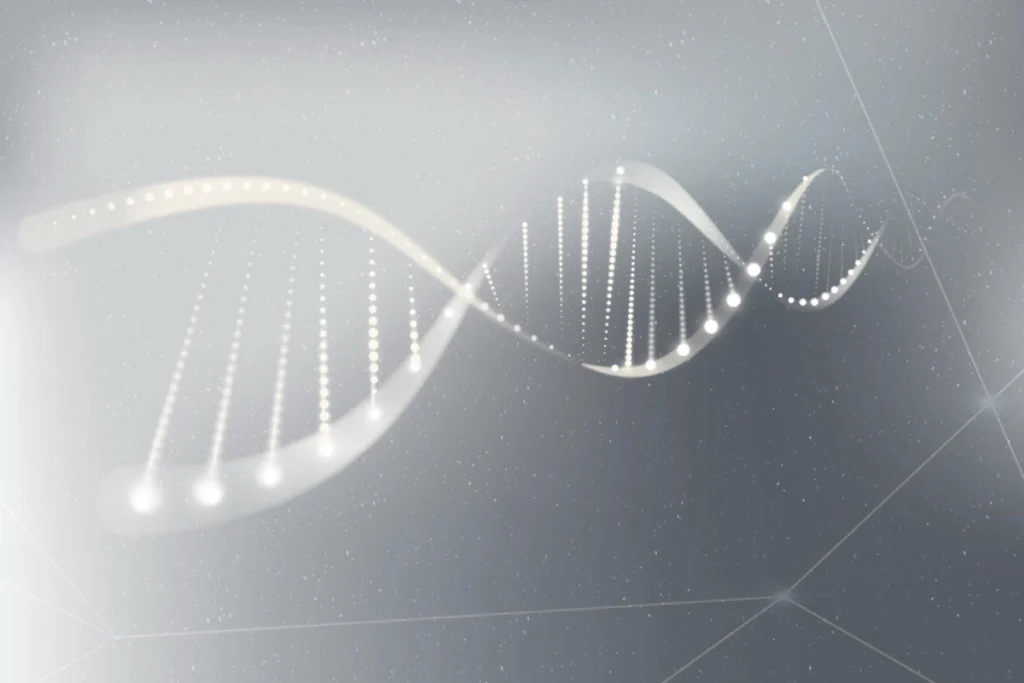- +852 4750 3485
- info@mycancerinfo.org

Next-Generation Sequencing (NGS) is a modern genetic testing technology that can analyze large amounts of DNA or RNA very quickly. Unlike older sequencing methods that read one gene at a time, NGS can sequence hundreds of genes simultaneously, providing a detailed picture of genetic changes in cancer cells.
NGS is a cornerstone of precision oncology — helping doctors match patients to treatments based on the unique genetic profile of their tumor.
Learn how liquid biopsy and chemo sensitivity testing can personalize your treatment plan.
Gain knowledge to actively participate in treatment discussions with your healthcare team.
Discover how precision medicine and metabolic therapies can enhance treatment effectiveness.
Empower yourself with knowledge about precision metabolic oncology and take an active role in your cancer care journey.
Our team of oncology experts is here to help you understand your diagnosis and treatment options.